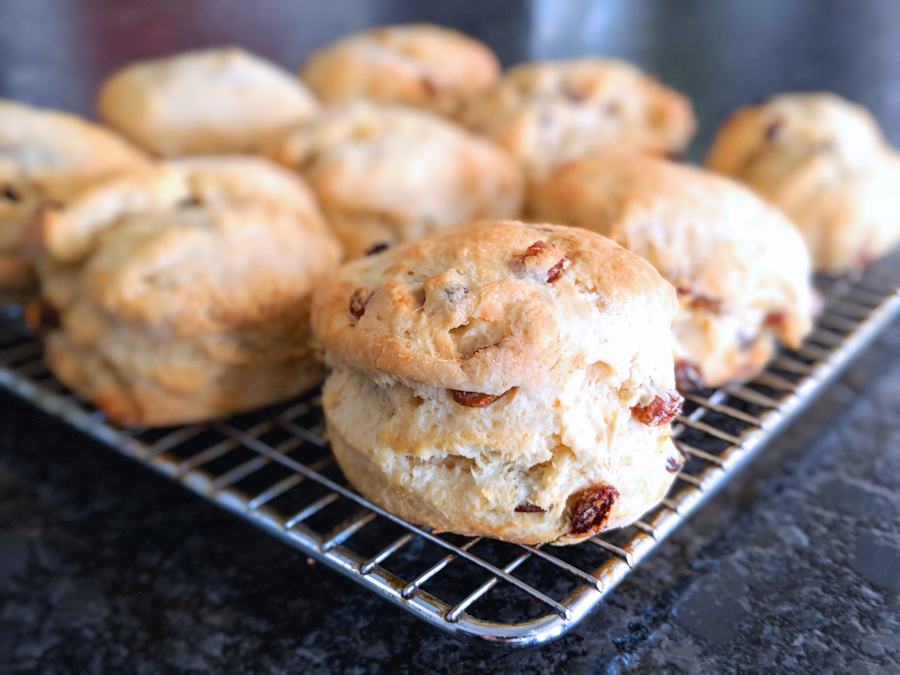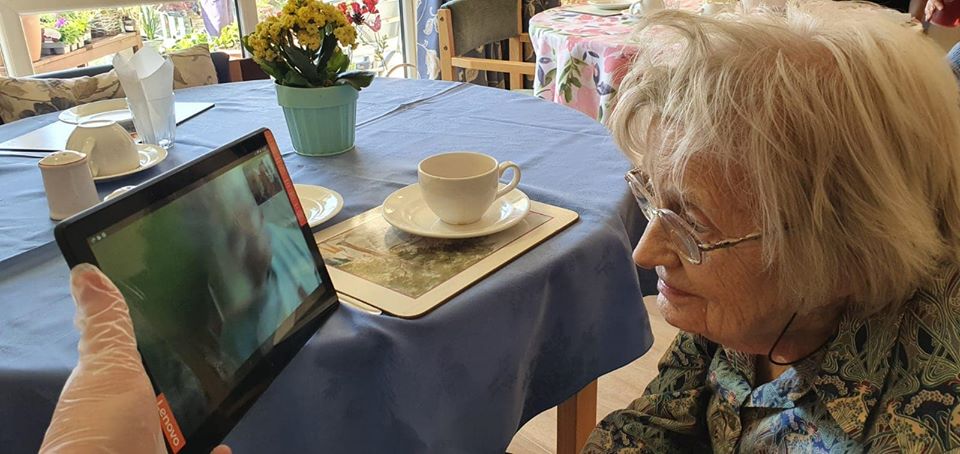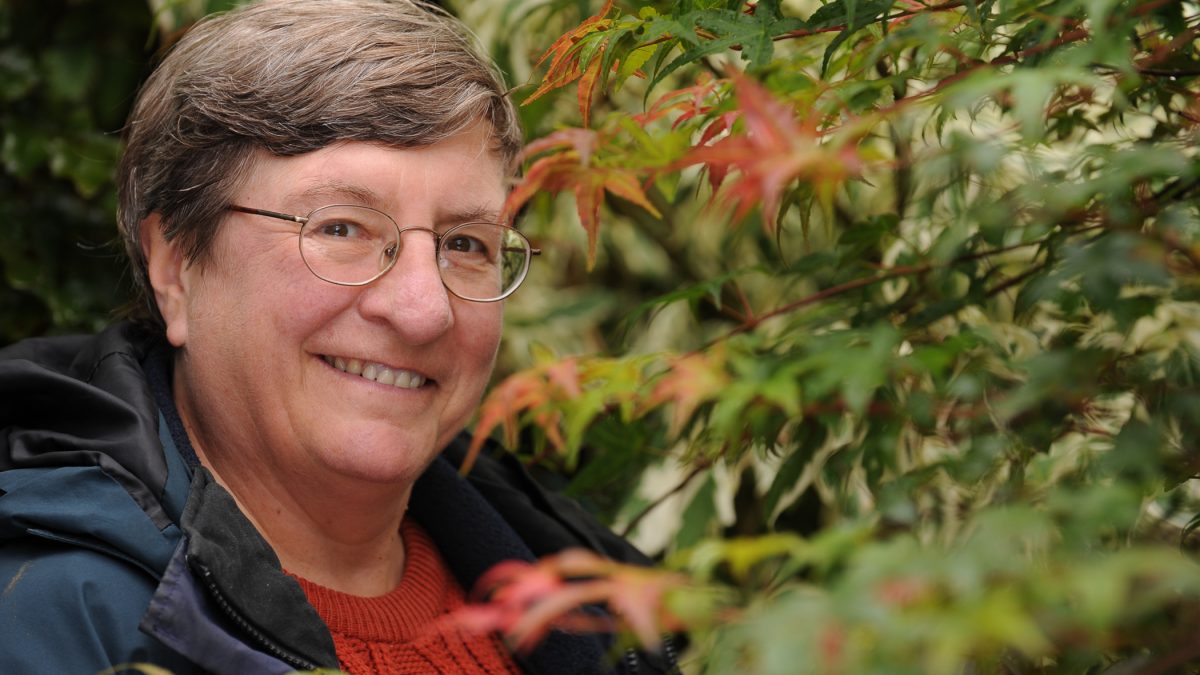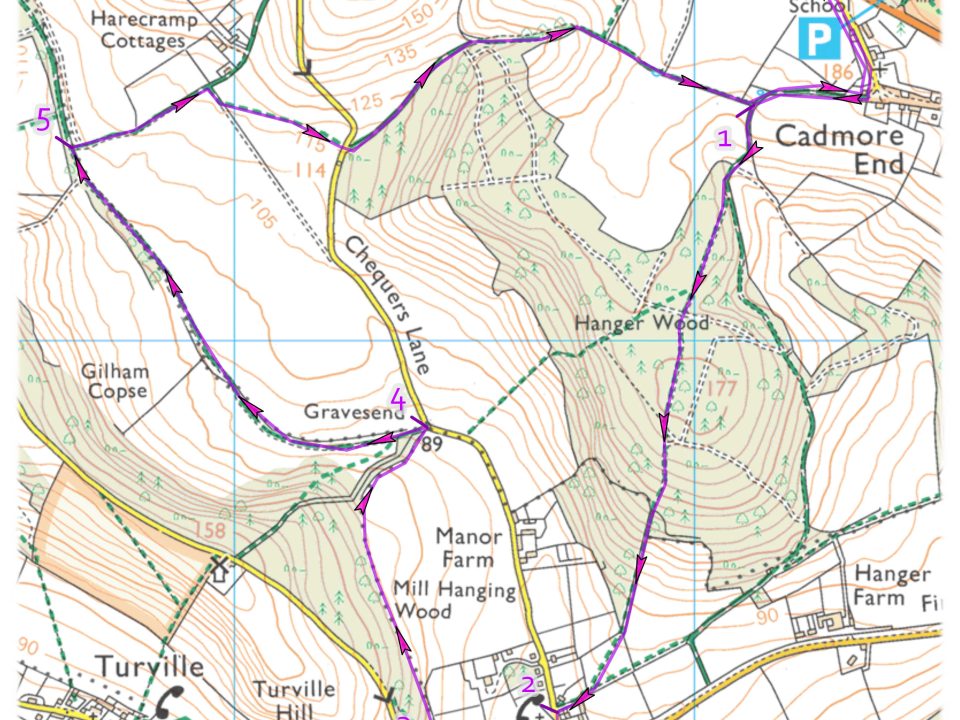
Picnics
July 8, 2020
Heart of Bucks is supporting local organisations responding to the coronavirus
July 8, 2020Diarmuid Gavin and Christine Walkden get behind Blue Cross advice on keeping pets safe in your garden this summer
Getting out in the garden with our pets is a joy and with the start of summer and garden centres open again, even more of us will be spending time outdoors.
To ensure you and your pet can enjoy your garden together, national pet charity Blue Cross is providing top tips on how you can make it a safe space, as gardens can hold hidden dangers for our four-legged friends.
Only last week Blue Cross vets treated a cat who was rushed into the charity’s animal hospital in London after eating a lily, while a dog was treated after eating food from a compost heap.
Caroline Reay, senior vet at Blue Cross, said: “We want people to enjoy their gardens with their pets so it’s important for owners to think about the space and how they can make it safe and interesting for them to enjoy together.”
Here are some top tips to ensure your pet keeps safe when they’re out and about exploring the garden:
- Toxic plants – Think carefully about what plants you use in your garden as some such as lillies, geranium and sweet peas can cause stomach upsets and other symptoms if eaten by pets
- Fix fencing – Be sure to fix any gaps or replace panels that may have been damaged over the winter to keep your pets safely inside your garden.
- Keep sheds locked – These often contain sharp tools and chemicals that can be toxic for pets.
- Avoid the use of fertilisers and weed killers – If you do need to use these, find pet safe versions and ensure your pet isn’t in the garden, when you use them.
- Cover ponds – These are great for attracting wildlife to your garden but to keep them safe and your pet, ensure they are covered by mesh or fence them off.
- Look out for slugs and snails – These can cause lungworm if eaten by your dog, so be sure to keep an eye on your pet when they’re out in the garden. If using slug pellets, be careful to use pellets that are non-toxic for pets.
- Compost – If you compost food scraps, make sure they are kept in a sealed container that pets cannot get into
There are also lots of ways you can make your garden more pet friendly too.
Trees or platforms around your garden can provide cats with a place to observe the world below, while a digging pit will provide a good hunting ground for your dog.
For rabbits, a secure run with a shelter on the lawn is best so your pet is safe from predators and can’t nibble garden plants.
Many plants can also provide stimulation and interest for pets, cats like catnip or catmint for example.
Garden designer and presenter Diarmuid Gavin said: “My dogs Bowie and Roxie love spending time outdoors, and with the warmer weather this means more time in the garden, which can be a wonderful space to enjoy with your pets.
However, us owners need to be aware of the hidden dangers in our backyards that could potentially harm our four-legged companions. By taking Blue Cross’ helpful advice on how to pet-proof your garden, we can ensure our pets are able to relax, play and enjoy their outdoor havens.”
Horticulturist and presenter Christine Walkden said: “Dogs have always been an important part of my life, and like us, they fully appreciate the joy that comes with spending time in the garden.
You might not think owning a pet and an impressive garden go hand in hand, but with a bit of planning and by selecting certain plants you can create a safe and beautiful space to share this summer and beyond together with your pet.”
- To contribute to the Blue Cross emergency appeal and help care for homeless pets during lockdown visit bluecross.org.uk/donate-covid19
As a charity, Blue Cross receives no Government funding and relies on donations to continue its vital work helping sick, injured and homeless animals through its rehoming centres and animal hospitals across the country. The charity also provides a pet bereavement support service. For more information visit www.bluecross.org.uk





